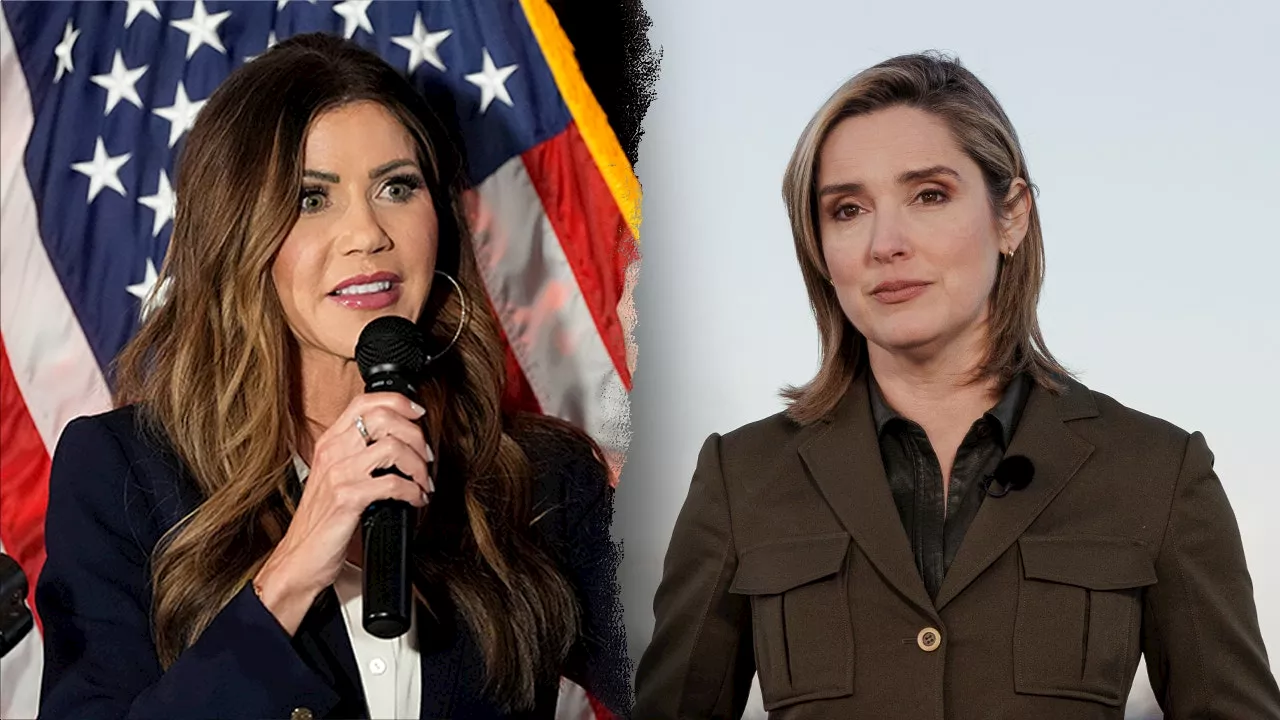
A recent letter to the editor by Autumn Sandeen has ignited a discussion surrounding the views of conservative figure Charlie Kirk on LGBTQ issues. In her letter dated September 23, Sandeen criticized Kirk’s response to comments made by a person named Rachel regarding Pride Month. The exchange has raised questions about the interpretation of biblical scripture and the broader implications for LGBTQ representation in politics.
Kirk’s remarks were directed at Rachel, who he believed was selectively quoting scripture to support her argument. He pointed out that anyone can take phrases out of context to validate their perspective. This highlights a common issue in public discourse, where scriptural texts are often used selectively to fit particular narratives. Kirk’s emphasis was on the importance of context when interpreting religious texts.
While Kirk has been vocal about his concerns regarding what he calls “the LGBTQ agenda” in politics, he has also demonstrated a more inclusive attitude toward individuals within the community. In a past interaction with a college student, Kirk addressed the notion that there is no space for gay men in the conservative movement. He responded by naming several prominent gay conservatives and questioned why a person’s private life should concern others. This response has led some to perceive him as advocating for a more inclusive approach within conservative circles.
Despite the criticisms directed at Kirk, he has faced backlash from various quarters, including author Stephen King. Initially, King accused Kirk of advocating for violence against gay individuals, specifically stoning. However, King later retracted this statement, admitting that he was incorrect in his assessment. This retraction underscores the complexities of public discourse surrounding LGBTQ issues and the potential for misunderstandings that can arise from inflammatory rhetoric.
The debate over Kirk’s views raises significant questions about the representation of LGBTQ individuals within conservative politics. While some argue that Kirk’s criticisms of the LGBTQ agenda are harmful, others contend that his approach is rooted in a desire for inclusivity and understanding. The contrasting perspectives reflect broader societal tensions regarding sexuality and identity, particularly within political contexts.
As discussions continue, the implications of Kirk’s statements resonate beyond individual opinions, touching on the larger conversation about acceptance and equality for LGBTQ individuals in various sectors of society. The dialogue remains ongoing, with advocates on both sides of the issue voicing their concerns and aspirations for a more inclusive future.






